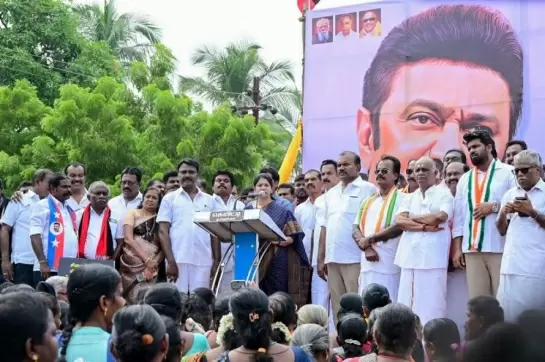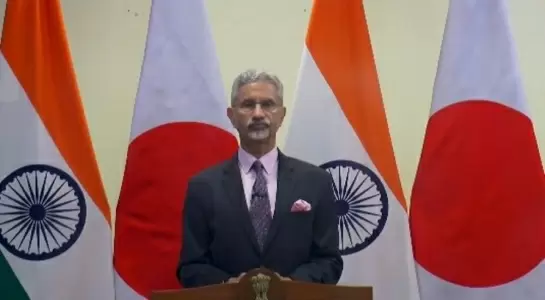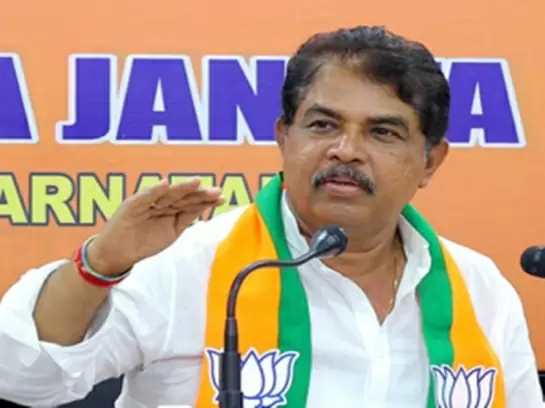G20 Health Ministers acknowledge weakness of their healthcare systems
20-April-2020

G20 Health Ministers held a teleconference to analyze the impact of the coronavirus pandemic, which they said "has highlighted systemic weaknesses" in thee healthcare systems, agreeing on the need to share their knowledge and experience to improve their countries' response to and preparation for the ongoing crisis.
In a statement issued on Sunday from Riyadh at the close of the virtual gathering, the Ministers acknowledged that the pandemic has brought "socio-economic impacts" to their nations and "addressed the need to improve the effectiveness of global health systems by sharing knowledge and closing the gap in response capabilities and readiness", reports Efe news.
The Ministers said that the pandemic has shown the vulnerabilities of the global community's ability to prevent and respond to the threat of pandemics.
Saudi Arabia holds the temporary presidency of the G20 and its Health Minister, Tawfiq al-Rabia said at the beginning of the meeting that all the participating officials, as his counterparts, have "opened their eyes" and found large gaps in the healthcare systems and countless opportunities to improve that infrastructure and those procedures.
He called on G20 members to continue their commitment to support the entity's working groups concerned with health, which meet monthly, and on the ministers to meet again in July and in October with an eye toward presenting "effective responses" that can be approved by the G20 heads of state and government at the organization's November general meeting.
WHO Director-General Tedros Adhanom Ghebreyesus and other officials from the world body participated in Sunday's teleconference, with Tedros telling the ministers that the pandemic will not be "over" when nations begin lifting their quarantines.
A press conference had originally been scheduled for after the close of the teleconference, however that was cancelled without explanation.
Russian Health Minister Mikhail Murashko emphasized three points in his speech during the conference: supporting the efforts of the WHO, thinking about the need to improve the global response mechanism to deal with this kind of challenge and confronting the worldwide problem of access to medical supplies.
Murashko said that "the pandemic will allow (us) to think about the modernization of healthcare systems, above all to deal with these challenges" in the future.
Although preparing for the future and being more coordinated in their nations' response to such a crisis was one of the main issues dealt with at the teleconference, the participants did not come to any concrete agreements on how to achieve a better joint response. IANS
Congress Claims INDIA Bloc Will Form Govt In Bihar Despite Early NDA Lead
Bihar Election Results: NDA Surges Ahead With 172 Leads, Mahagathbandhan Trails
Delhi blast: DNA confirms Dr Umar drove explosive-laden car
Red Fort Blast: How Mobile Phone Dump Data Is Helping Investigators
Red Fort Blast: NIA Sets Up Special Team Led By ADG Vijay Sakhare









